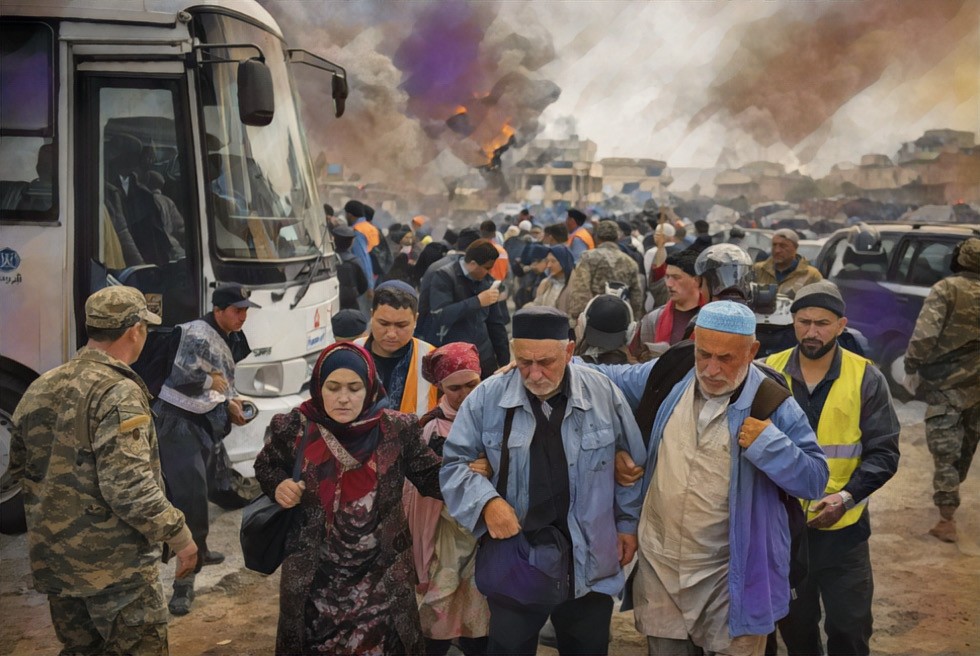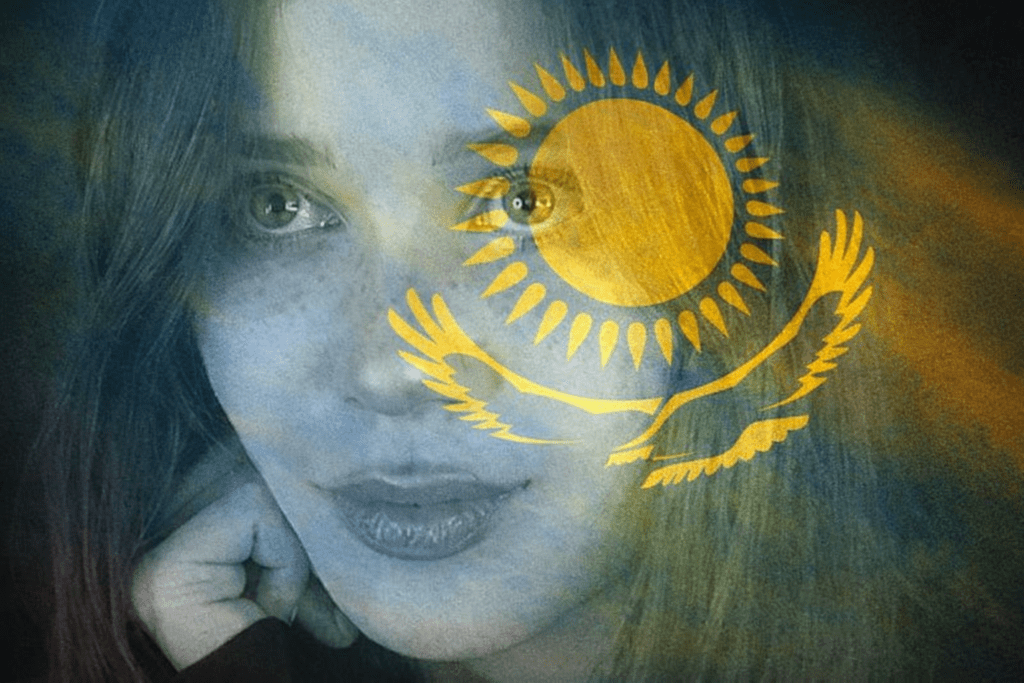Abortion is legal in Kazakhstan, but social stigma makes the decision difficult for many women. They often face pressure from doctors, a lack of understanding from their families, and feelings of guilt reinforced by societal attitudes. What is the reality of reproductive rights in the country, and why does the topic remain so sensitive?
Conversations at the Doctor’s Office
Under Kazakhstani law, women have the right to terminate a pregnancy at their discretion until the twelfth week. After that, abortion is only allowed on medical or social grounds. In practice, however, women frequently encounter judgment – even from medical professionals.
A group of women who shared their experiences with The Times of Central Asia. To protect their identities, the names of interviewees have been changed.
“When I went to a public clinic for an abortion, the doctor asked: ‘Does your husband know? Do your parents know? Are you sure? You’ll never be able to give birth again!’” Aigul, 26, told TCA. “I felt like I was committing a crime. Instead of simply doing their job, the nurses were discussing my choices. It was unsettling. At a time like that, doctors should be more careful with their words.”
Such attitudes persist even in private clinics, where patients pay for the procedure.
“The doctor asked me, ‘What if your mother hadn’t given birth to you?’ I felt so uncomfortable. I cried after the procedure – not because of the pain, but because of the shame they made me feel,” said 25-year-old Asel.
Shame and Family Pressure
Abortion remains a taboo subject in many Kazakhstani families. Young women facing an unplanned pregnancy often fear telling their relatives, expecting judgment and pressure.
“I knew that if my mother found out, she would scream and accuse me of sin. So, I secretly took the money and went to a private clinic. I wasn’t scared of the procedure itself – I was scared that if I got caught, they would force me to give birth,” said 29-year-old Aidana.
The stigma is particularly strong in traditional families, where abortion is considered unacceptable. Some women find themselves with no say in the decision.
“A friend of mine got pregnant at a young age. Her parents were strictly against abortion — they said it was shameful. I don’t even know what happened to her because they moved away immediately to avoid gossip,” said 24-year-old Dilara.
Even those who have never had an abortion feel ashamed. Many girls grow up being told that abortion is not just a medical procedure, but a disgrace.
“All my life, I heard that abortion was something horrible, and my friends said the same. We thought it was a crime, but years later, I finally realized that it’s a choice,” 21-year-old Kamila shared with TCA.
Alternatives and Contraception: How Accessible Are They?
A major factor contributing to the demand for abortion is the limited access to contraception and the lack of sex education. Schools in Kazakhstan do not offer mandatory sex education, leading to widespread misinformation and high rates of unplanned pregnancies among young people.
“I thought you couldn’t get pregnant if you interrupted intercourse. No one ever talked about these things – neither at school nor in my family. I had no knowledge of sex at all,” said 20-year-old Saule.
Many young women do not know how to use contraceptives properly, and in smaller towns and rural areas, access to birth control remains limited.
“Condoms are sold at the checkout, but I feel ashamed to buy them. Plus, the quality is often poor. And to be honest, they’re expensive for a lot of people,” said 18-year-old Aliya.
The Future of Reproductive Rights in Kazakhstan
Despite persistent societal pressure, abortion remains legal in Kazakhstan. However, discussions about restricting access resurface periodically. In 2022, the Minister of Health assured the public that a ban was not under consideration, though conservative groups continue to push for one.









